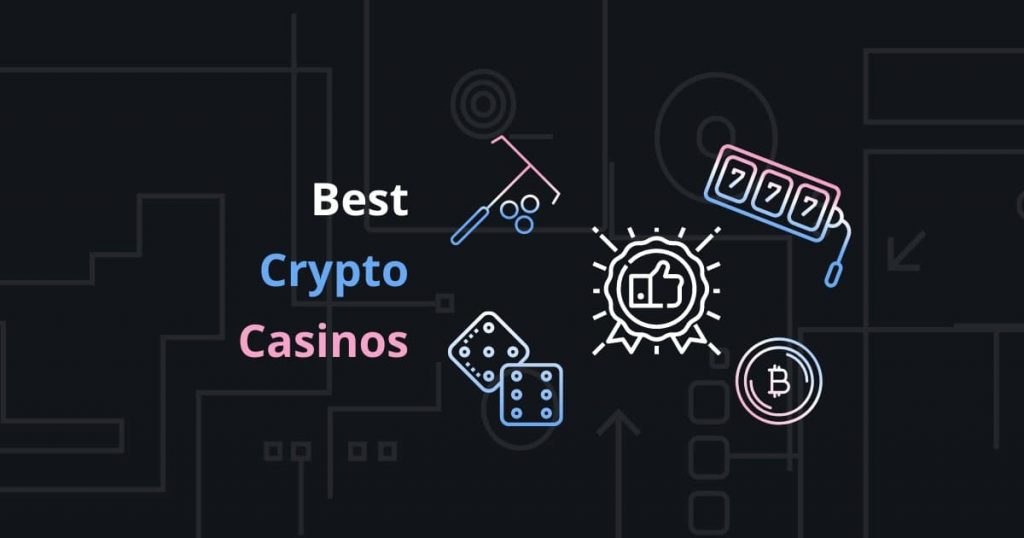what are all the cryptocurrencies
What are all the cryptocurrencies
CoinMarketCap does not offer financial or investment advice about which cryptocurrency, token or asset does or does not make a good investment, nor do we offer advice about the timing of purchases or sales craps dice rules. We are strictly a data company. Please remember that the prices, yields and values of financial assets change. This means that any capital you may invest is at risk. We recommend seeking the advice of a professional investment advisor for guidance related to your personal circumstances.
Coinlore Independent Cryptocurrency Research Platform: We offer a wide range of metrics including live prices, market cap, trading volumes, historical prices, yearly price history, charts, exchange information, buying guides, crypto wallets, ICO data, converter, news, and price predictions for both short and long-term periods. Coinlore aggregates data from multiple sources to ensure comprehensive coverage of all relevant information and events. Additionally, we provide APIs and widgets for developers and enterprise users.
These crypto coins have their own blockchains which use proof of work mining or proof of stake in some form. They are listed with the largest coin by market capitalization first and then in descending order. To reorder the list, just click on one of the column headers, for example, 7d, and the list will be reordered to show the highest or lowest coins first.
The total crypto market volume over the last 24 hours is $172.65B, which makes a 34.94% increase. The total volume in DeFi is currently $27.22B, 15.77% of the total crypto market 24-hour volume. The volume of all stable coins is now $161.34B, which is 93.45% of the total crypto market 24-hour volume.
TThe data at CoinMarketCap updates every few seconds, which means that it is possible to check in on the value of your investments and assets at any time and from anywhere in the world. We look forward to seeing you regularly!
All casinos accepting cryptocurrencies
All reputable online casinos you should consider registering with should be licenced and regulated by the appropriate gaming authorities. This is also the case with regard to any casinos that accept crypto as a valid payment method. Licenses are dispensed by gaming authorities such as MGA, UKGC, Curacao and many more.
Blockchain technology is the common denominator of most cryptocurrencies, and this will make further prioritizing security and fairness at online crypto casinos possible by offering people access to their transaction history, acting as a sort of a ledger.

All reputable online casinos you should consider registering with should be licenced and regulated by the appropriate gaming authorities. This is also the case with regard to any casinos that accept crypto as a valid payment method. Licenses are dispensed by gaming authorities such as MGA, UKGC, Curacao and many more.
Blockchain technology is the common denominator of most cryptocurrencies, and this will make further prioritizing security and fairness at online crypto casinos possible by offering people access to their transaction history, acting as a sort of a ledger.
Betting enthusiasts will be happy to learn that MyStake covers a variety of popular sports and esports. At the same time, it offers more than 7,000 different titles from the leading casino game providers in the industry. The welcome promotion is a bit lacking, but the platform makes up for it with regular promotional events and VIP perks that are very attractive.
What we like about Betpanda the most is its modern and generally streamlined user interface, which has earned it a spot among the best crypto casino apps. Betting buttons are just where you would have expected them to be, and the sports betting section is spacious and easy to use. Returning players can expect to earn 10% in cashback (meaning that a percentage of every bet is returned to player accounts), or 15% when playing select games.
Are all cryptocurrencies based on blockchain
A blockchain is a decentralized ledger of all transactions across a peer-to-peer network. Using this technology, participants can confirm transactions without a need for a central clearing authority. Potential applications can include enterprise blockchain applications, sustainability, tokenization, fund transfers, supply chain tracking and many other areas.
Healthcare providers can leverage blockchain to store their patients’ medical records securely. When a medical record is generated and signed, it can be written into the blockchain, which provides patients with proof and confidence that the record cannot be changed. These personal health records could be encoded and stored on the blockchain with a private key so that they are only accessible to specific individuals, thereby ensuring privacy.
Many blockchain networks operate as public databases, meaning anyone with an internet connection can view a list of the network’s transaction history. Although users can access transaction details, they cannot access identifying information about the users making those transactions. It is a common misperception that blockchain networks like Bitcoin are fully anonymous; they are actually pseudonymous because there is a viewable address that can be associated with a user if the information gets out.

A blockchain is a decentralized ledger of all transactions across a peer-to-peer network. Using this technology, participants can confirm transactions without a need for a central clearing authority. Potential applications can include enterprise blockchain applications, sustainability, tokenization, fund transfers, supply chain tracking and many other areas.
Healthcare providers can leverage blockchain to store their patients’ medical records securely. When a medical record is generated and signed, it can be written into the blockchain, which provides patients with proof and confidence that the record cannot be changed. These personal health records could be encoded and stored on the blockchain with a private key so that they are only accessible to specific individuals, thereby ensuring privacy.
Many blockchain networks operate as public databases, meaning anyone with an internet connection can view a list of the network’s transaction history. Although users can access transaction details, they cannot access identifying information about the users making those transactions. It is a common misperception that blockchain networks like Bitcoin are fully anonymous; they are actually pseudonymous because there is a viewable address that can be associated with a user if the information gets out.
